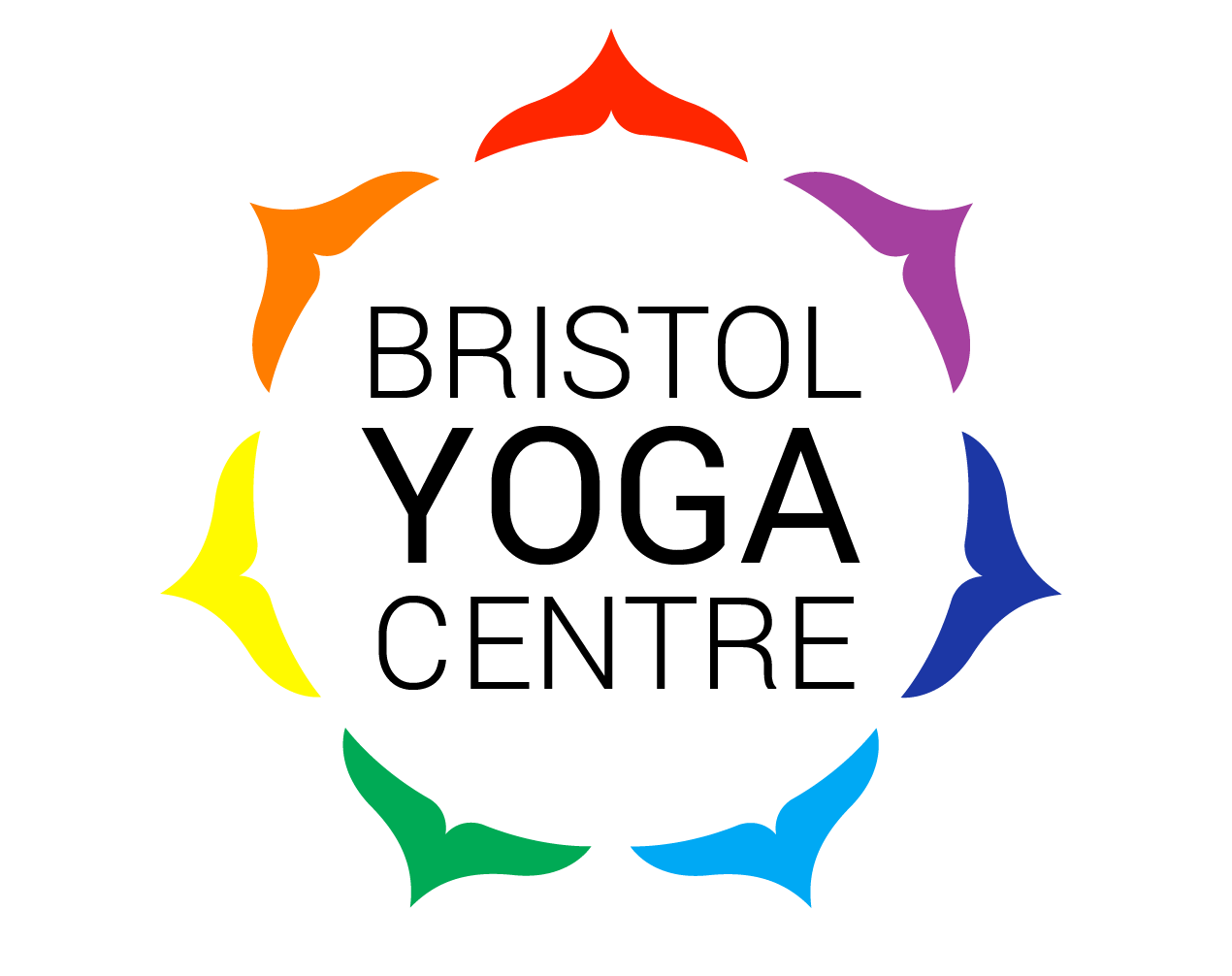Sleeping well is important for our mental and physical wellbeing, you feel so wonderfully refreshed and energised when you’ve had a good night’s sleep. However, when you haven’t slept well, it can be a slog to perform even simple tasks.
Since going through my perimenopause, I started experiencing sleep problems more frequently. Sometimes, I find it difficult to fall asleep at night and other times wake up in the middle of the night and can’t get back to sleep. I noticed that lots of people (regardless of gender or age) were having similar issues, so I thought it might be helpful to share some of my experiences and some natural tips on how to get a better night sleep.
I began researching sleep because of the impact it was having on my life. One of the sleep experts that I heard pointed out how important it is for us to feel safe before we can fall asleep. This makes complete sense as it’s essential to stay awake if you’re in danger. But nowadays most of our worries and anxieties are not physical threats but more often stem from mental or emotional causes. We can even become distressed over lack of sleep, which really compounds the problem.
Relaxation is fundamental for letting go of our worries and helping us to get better sleep. As usual, I suggest that you take a holistic approach and experiment and see what works for you. Here’s things you can explore and see what makes you feel most relaxed and calm:
Breathing
Connecting to your breath and slowing down you’re breathing. It might be helpful to place your hands on your chest and belly to feel the breath more easily. Check out my previous blogs on breathing for more tips.
Eye Mask
This was one of the most effective tools to help me to fall back to sleep in the middle of the night. I recommend that you buy something breathable and ultra-comfortable like this one. I’ve tried different masks and this was by far the best because you can make adjustments to fit your face well and it felt comfortable and natural.
Visualising
Using visualisation techniques can be helpful when our minds are racing and won’t stop. Involving your senses is often very effective way to help your mind towards sleep. Perhaps remember a familiar place that you’ve visited and walk through the entire place, room by room slowly remembering all the structures, furniture, and objects in the building. I would recommend choosing somewhere neutral that doesn’t have too much emotion attached.
Palming eyes and ears
It can be incredibly soothing to place your palms over your eyes and ears before bedtime. You can read how to palm your eyes on my previous blogs. For palming your ears, simply cup them like you would for your eyes and hear sound of your breathing. It’s said to be healing for your eyes and your ears, and it’s very relaxing.
Gentle movement
Gentle non-stimulating movement can do wonders to relax the body and mind. I recommend doing some down to earth practice such as Pawanmuktasana (joint releasing movement), Restorative Yoga and Yoga Nidra (yogic sleep). You can get many different recordings to guide you through Yoga Nidra on the internet.
Warming up and cooling down your body
My favourite way to prepare for bed is to take a bath, you can also take a shower or a lovely foot bath. I also love a warming herbal tea, camomile and lavender are both excellent natural sleep aids. Wearing socks in bed can also help if they’re cold in the winter, as the body has difficulty in sleeping when the extremities are cold.
Read a book
Reading a book is far better than using any devices before you your sleep. Try reading easy-going books to relax the mind. Sometimes reading a very absorbing book can be helpful to shift your focus away from anxiety and worries.
Journal
Keeping a journal or a diary can help you to digest and let go of your worries. It will also help you to connect to your feelings and emotions better. Some people find it useful to have a notepad and pen near bed side table.
Circadian rhythm
To regulate your circadian rhythm, try to go outside in the morning to get some sunlight and use low lighting at night to experience darkness. If you need to use device in the evening, you can use an app to filter out the blue light. You can also install black out curtains which are very useful in the summer.
Holding your thumbs
One of my vision improvement teachers who specialises in Jin Shin Jutsu, taught me this technique that’s surprisingly very effective. You simply hold your thumb with your other hand and connect with your breathing. If you’re still awake, do the same thing on the other thumb. You can also go through all your fingers as well. Incorporating slow, relaxed breathing will double the effects.
There will be times when you simply won’t be able to get to sleep. In those times, take naps and Savasana (full relaxation) during the day. Meditation is also a wonderful way to connect with what’s going on in your life, helping you digest and let go of your experience. These practices will help with your energy levels and mental clarity.
There are further things that you can do such as drinking less alcohol and to stop taking caffeine in the afternoon and evening. Before bedtime, try to do less activities that stimulate you and instead find relaxing things to unwind.
Ironically, we often experience these problems when we need our sleep the most, but hopefully these tips will help you on the path to a better night’s rest.


